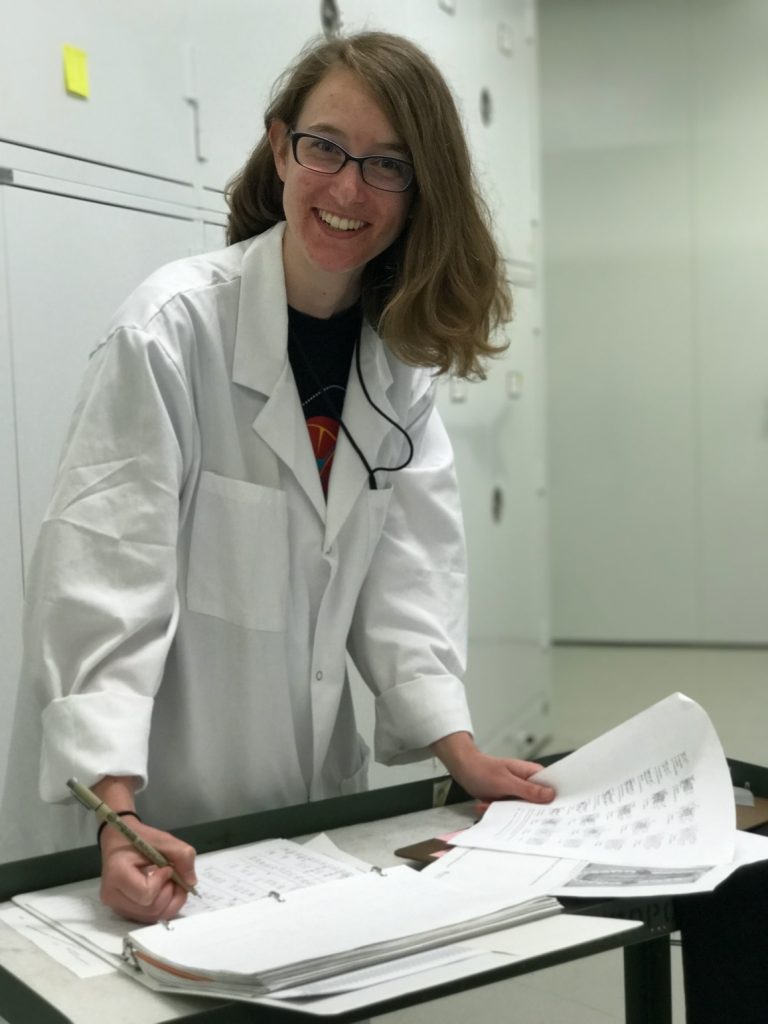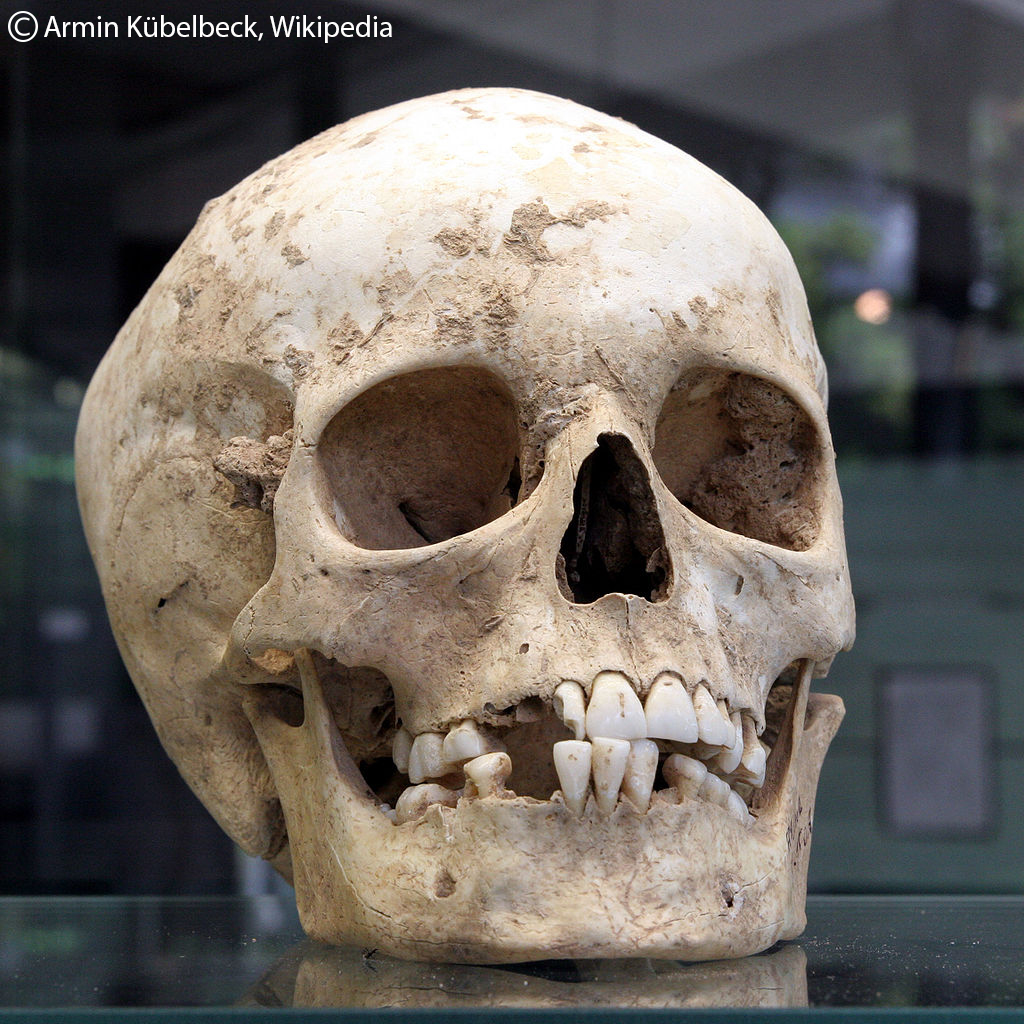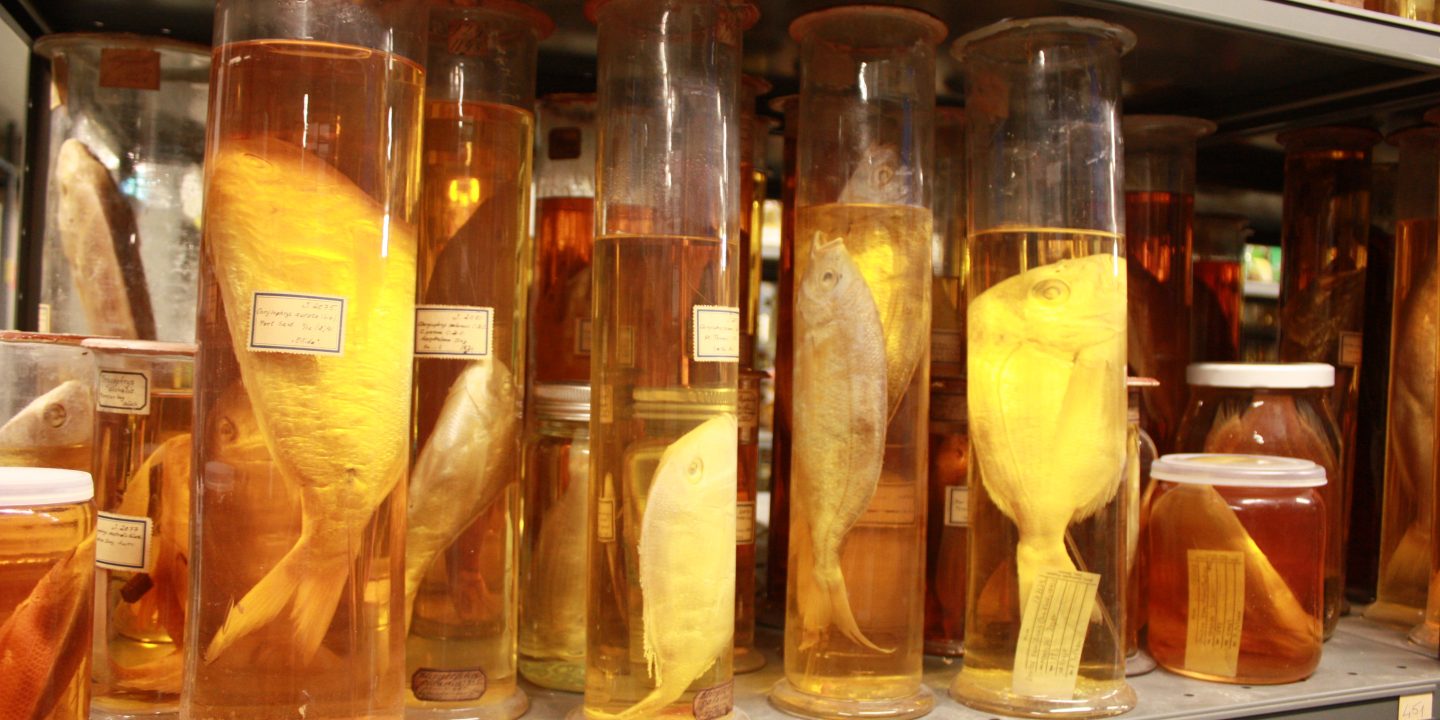Rita M. Austin, a recent addition to the FEZ group, is working as a postdoctoral researcher exploring and optimizing the recovery of museum biomolecules in the Oslo Natural History Museum collections. Rita completed her PhD earlier this year at the University of Oklahoma, where she conducted meta- and patho-genomics to identify systemic health indicators and understand differential molecular preservation across museum collections using dental calculus from ancient human skeletal remains. Having had several fellowships at the Smithsonian Institution’s National Museum of Natural History, Rita brings an interdisciplinary understanding of museum collections, as well as an in-depth understanding about various, historic zoological and anatomical preparation methods. This museum biomolecular experience is integral to her current endeavors working with vertebrate and invertebrate zoological collections. Through generating next generation sequence data of museum specimens, a temporally informed perspective of the genetic and phylogenetic diversity across the Animalia kingdom can be understood, especially for invertebrate species that are scarcely represented in genetic databases and have impacted human evolutionary health. Rita looks forward to applying museum genomics to the natural history collections to help unravel the tree of life and demonstrate the relevancy of biological museum collections.

Text in the teaser:
Would like to know what an ancient human skull has to do with a new hire? Stay tuned for tomorrow’s door, December 9th.
Picture changed to include the copyright, the used licenses can be found here (https://creativecommons.org/licenses/by-sa/3.0/deed.en)
Picture in the teaser:

![]()
